 R2 and e-Stewards representatives are challenging the legality of a bill in Illinois that prohibits accrediting organizations from penalizing e-scrap companies if they send CRT glass to storage cells at a landfill.
R2 and e-Stewards representatives are challenging the legality of a bill in Illinois that prohibits accrediting organizations from penalizing e-scrap companies if they send CRT glass to storage cells at a landfill.

 Associate Editor Jared Paben has worked for Resource Recycling since December 2014. Most of his earlier career was spent as a reporter for the daily newspaper in Bellingham, Wash., but he also has experience working for the Oregon volunteerism commission and for Oregon nonprofits serving low-income populations. He can be contacted at [email protected].
Associate Editor Jared Paben has worked for Resource Recycling since December 2014. Most of his earlier career was spent as a reporter for the daily newspaper in Bellingham, Wash., but he also has experience working for the Oregon volunteerism commission and for Oregon nonprofits serving low-income populations. He can be contacted at [email protected]. R2 and e-Stewards representatives are challenging the legality of a bill in Illinois that prohibits accrediting organizations from penalizing e-scrap companies if they send CRT glass to storage cells at a landfill.
R2 and e-Stewards representatives are challenging the legality of a bill in Illinois that prohibits accrediting organizations from penalizing e-scrap companies if they send CRT glass to storage cells at a landfill.
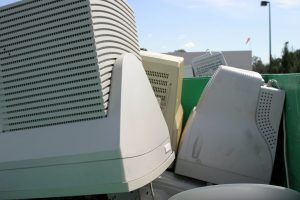 Illinois legislators are quickly advancing a bill that aims to make it easier for e-scrap companies to send CRT glass to storage cells.
Illinois legislators are quickly advancing a bill that aims to make it easier for e-scrap companies to send CRT glass to storage cells.
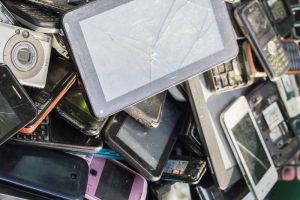 Product lightweighting is preventing manufacturers from increasing e-scrap collection volumes in Canada’s most populous province.
Product lightweighting is preventing manufacturers from increasing e-scrap collection volumes in Canada’s most populous province.
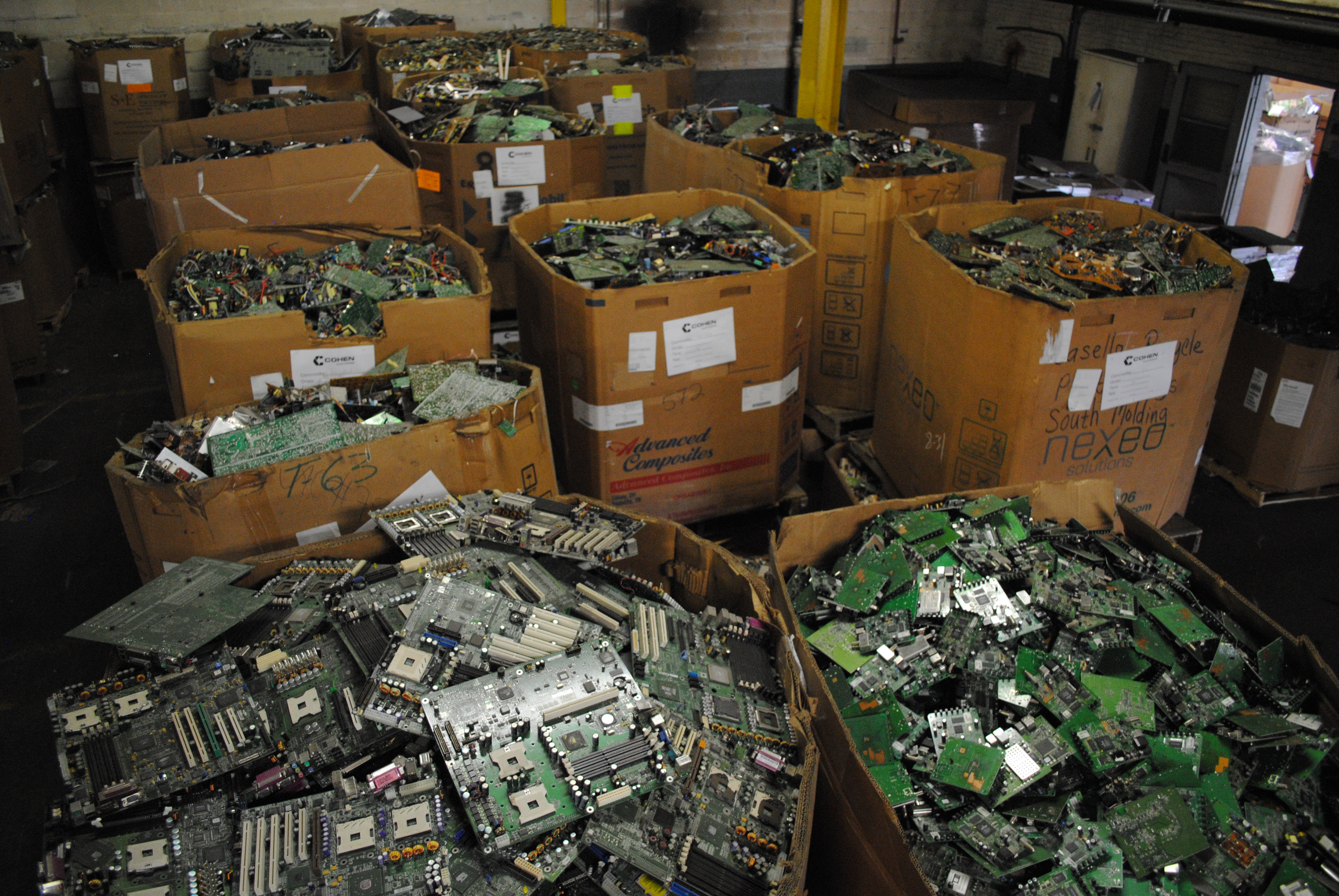 An upcoming update to the RIOS certification will include stronger health and safety requirements and a greater focus on the global recycling industry.
An upcoming update to the RIOS certification will include stronger health and safety requirements and a greater focus on the global recycling industry.
Can technology be used to better track flows of end-of-life electronics? Industry and government officials discussed that idea this week during a webinar produced by consulting firm TransparentPlanet LLC and the U.S. EPA.
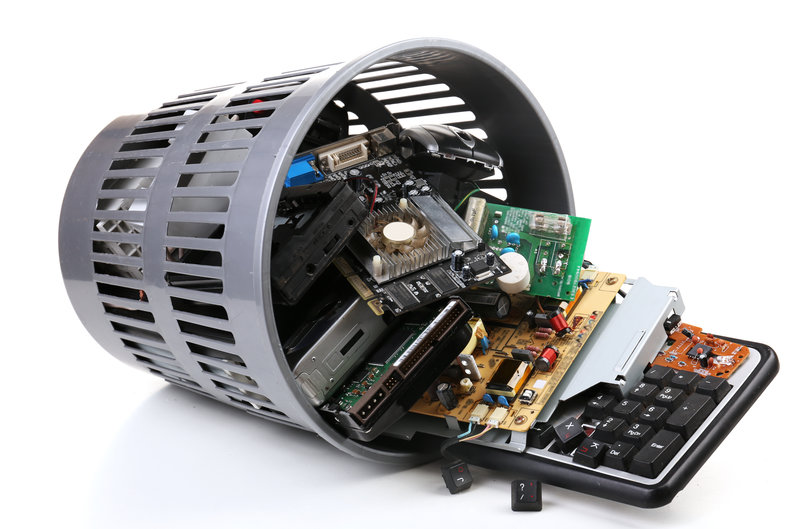 Sustainable Electronics Recycling International has started compiling and publicly posting lists of e-scrap companies with suspended, revoked, expired or reinstated R2 certifications.
Sustainable Electronics Recycling International has started compiling and publicly posting lists of e-scrap companies with suspended, revoked, expired or reinstated R2 certifications.
 When investigators reported last year on how new PCs were failing to meet their stated sustainability credentials, a reoccurring problem emerged: e-plastics weren’t being labeled correctly.
When investigators reported last year on how new PCs were failing to meet their stated sustainability credentials, a reoccurring problem emerged: e-plastics weren’t being labeled correctly.
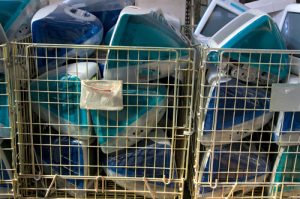 An update to the e-scrap recycling certification standard incorporates the latest version of the ISO 14001 standard, as well as approved amendments to the second e-Stewards iteration and other changes.
An update to the e-scrap recycling certification standard incorporates the latest version of the ISO 14001 standard, as well as approved amendments to the second e-Stewards iteration and other changes.

Sustainable Electronics Recycling International is working on updates to the R2 standard, with potential changes in a host of high-interest areas.
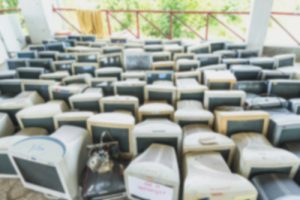 When an electronics recycling facility achieves R2 certification, stipulations of the standard extend to activities outside the walls of that building, according to a recent decision.
When an electronics recycling facility achieves R2 certification, stipulations of the standard extend to activities outside the walls of that building, according to a recent decision.
